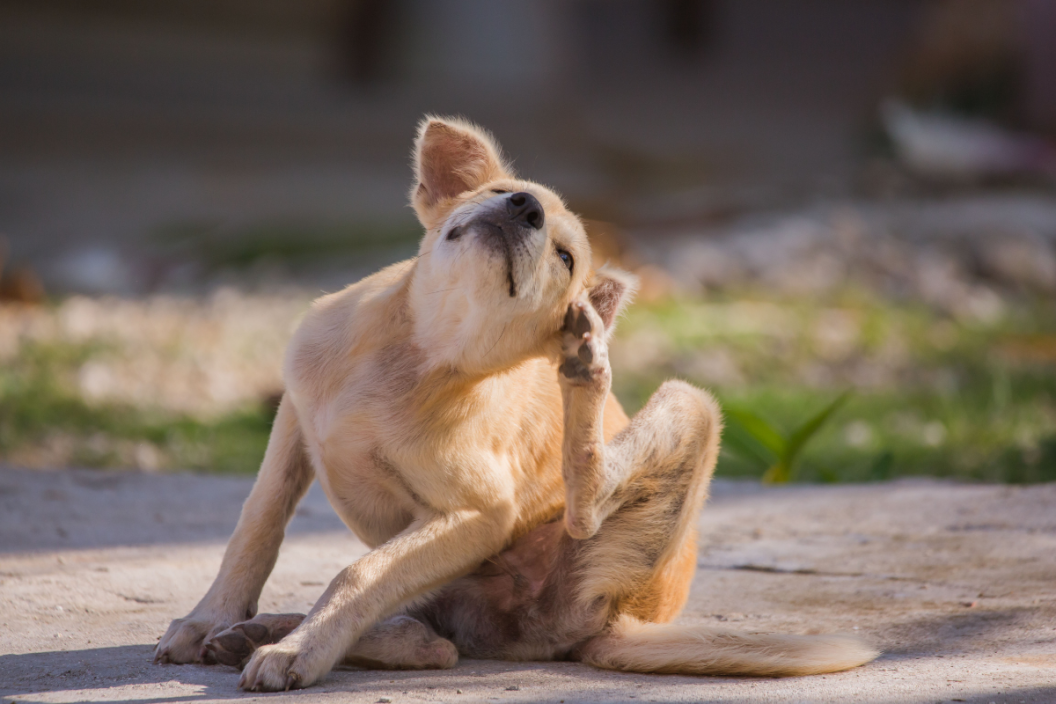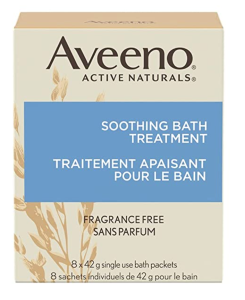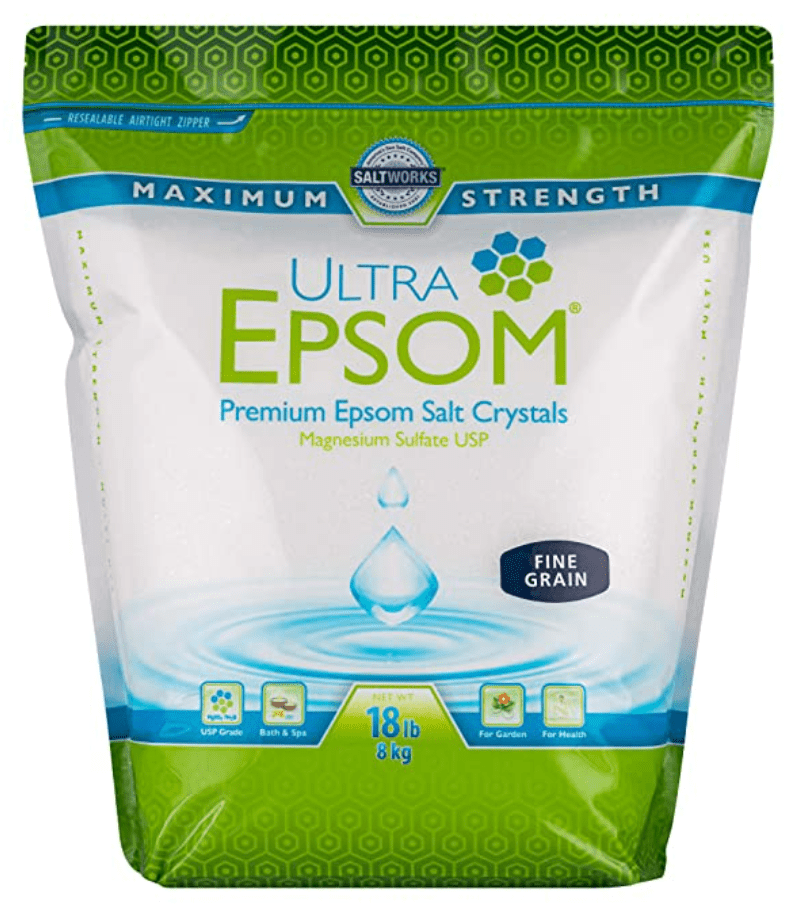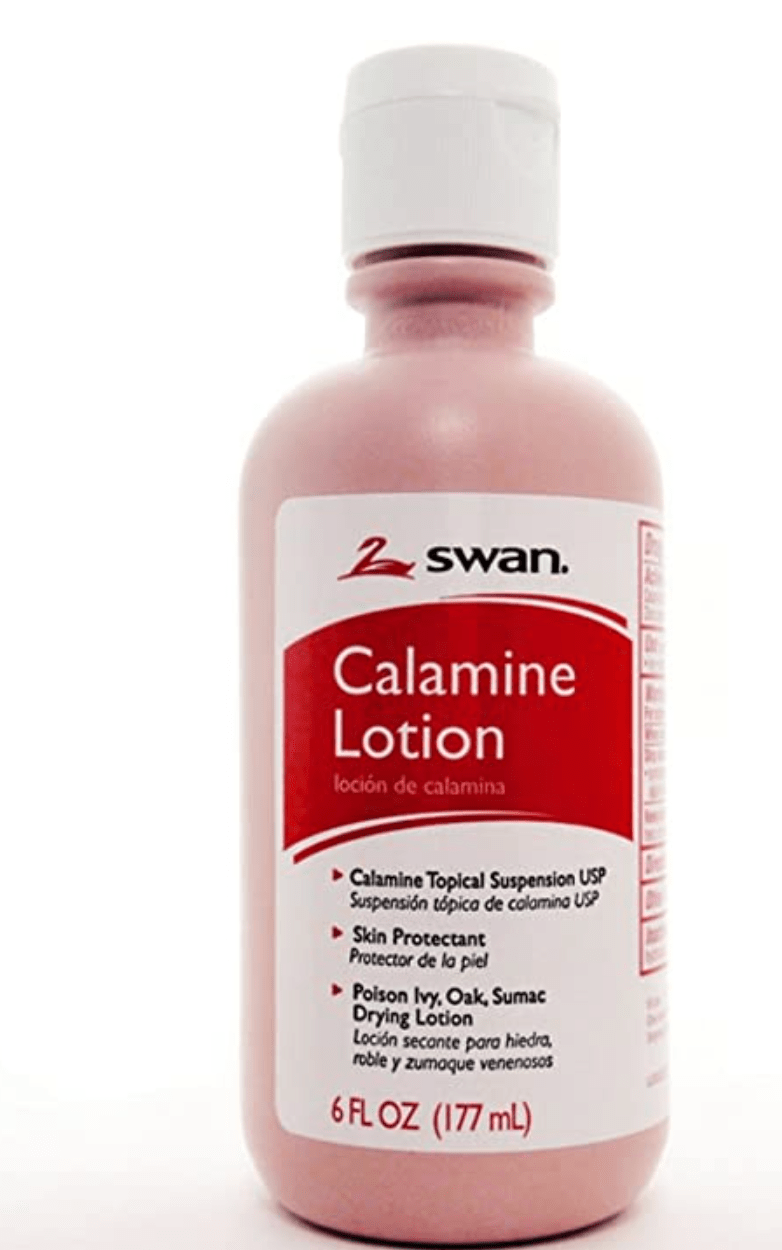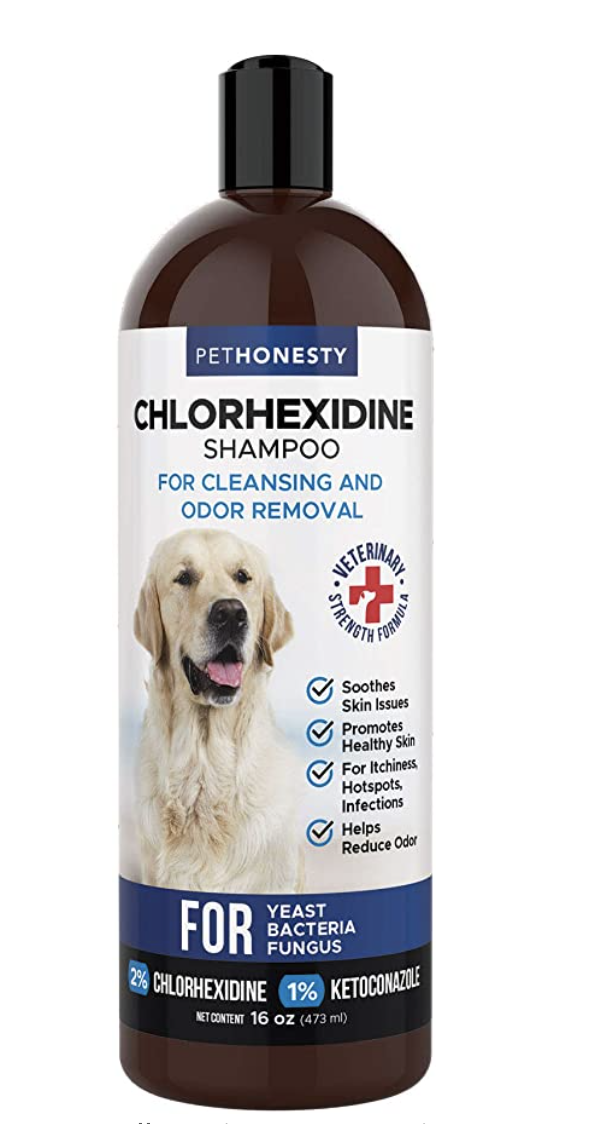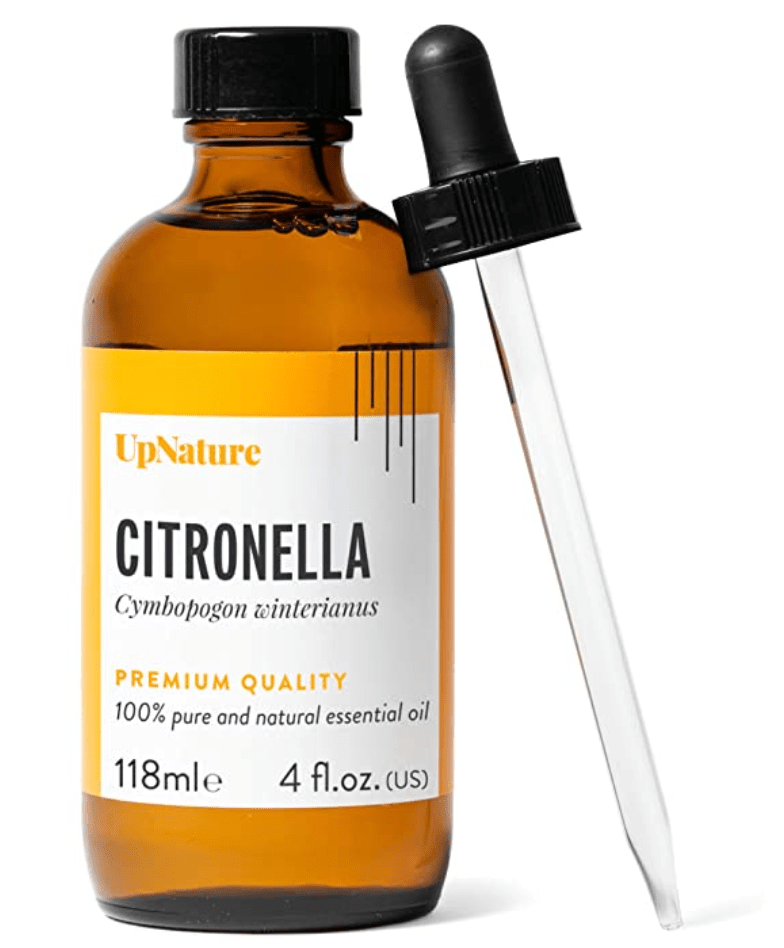If your dog suddenly starts incessantly itching after a long walk in the woods or long grasses, your pooch may be suffering from chigger bites. If you have ever dealt with chiggers, you know that for a tiny pest, they are a big problem for you and your pets.
Unfortunately, chiggers are super small and hard to spot with the naked eye, so you may not realize that you have chiggers on your dog until after you or your pet have already been bitten.
What Are Chiggers?
Chiggers are the larvae of harvest mites, and like fleas and mosquitoes, when they bite us or our pets, it leaves itchy red bumps. Chiggers are hard to spot on dogs since they are tiny, and most dogs have plenty of fur for them to hide in.
Chiggers can live between 50-70 days. These Trombiculid mites have four stages in their lives: egg, larva, nymph, to adult. Once they settle on your dog's skin, they may be there for a while. Chigger larvae live on the skin's surface and tend to go to one area of your dog's body. The larval stage is when chiggers are most likely to attack your dog.
Where Do Chiggers Come From?
Chiggers (Trombiculiasis) thrive in wet, warm conditions and are often found in tall grasses. Chigger bites will usually be concentrated around the belly, groin, and inside of the ears in your pets. Wrinkly pets like Shar Peis are especially attractive to the red bugs.
In humans, they like to bite behind the knees, in armpits, and inside of our elbows. The tiny pests lay their eggs in the soil and around tall grassy areas and other vegetation, so the most common time pets will get infestations is spring and summer, when they love to roll around in the wet, dewy grass.
Signs of a Chigger Infection
Intense itching is one of the more apparent signs of a chigger infection on your dog. But did you know that hair loss can also be a sign of chiggers on your dog? Also known as itch mites, chiggers feed on your pup's skin cells with can harm their hair follicles. Another sign is raised red bumps on their skin. The bumps cause skin irritation and subsequent itching.
Since you cannot see the small orange bugs, you may not realize that chiggers are causing your dog discomfort. However, many other conditions and allergic reactions can cause your doggie to itch. For example, they may have scrub mites, dermatitis, or scabies. If you are not sure what is causing your pup's intense itching, consult your vet.
How To Treat Chigger Infestations On Dogs
Some people will tell you that chiggers will burrow into the skin, and you should cover the bites with nail polish or Elmer's glue to suffocate them. Luckily, this is not true!
Chiggers do not burrow into the skin. Instead, they inject a digestive enzyme when they bite, which causes the itch to last long after they have moved on. Glue and nail polish will only make the itching worse - Treat chiggers bites the same way that you would flea bites, poison ivy, or any other itchy, rash-like skin issue.
If your pup's itching is not going away, you may have to use an anti-inflammatory such as prednisone. Medications such as permethrin and fipronil may need to be used to stop the itching.
Some home remedies can be using an ice pack or placing natural anti-inflammatories into your dog's bathwater.
6 Home Remedies to Treat Chiggers on Dogs
1. Colloidal Oatmeal Baths
Oatmeal is soothing to pets' skin and can help relieve the itch. Cook some quick oats in warm water and rub them on your pet in the bath. You can also add green tea to the oatmeal baths to help soothe chigger bites on your dog.
2. Epsom Salt Baths
Alternatively, Epsom salt and dish soap can also be in a warm bath to relieve the severe itching and kill the tiny mites.
3. Aloe
RELATED: How Much Benadryl Should I Give My Dog?
Aloe is also very soothing and can be added to the bath or rubbed on the itchy areas afterward. This may not get rid of the chiggers on your dog, but it will help soothe the bumps left behind.
4. Calamine Lotion
Apply this chalky pink lotion topically to relieve the itch. It also helps with other itchy skin problems like poison oak and bug bites.
5. Keep Clean
Chiggers love to hide in pets' hair and our clothing, so if you or your pet spend a lot of time outside, make sure to keep them nice and clean with frequent baths and wash your clothes right away after exposure.
6. Insect Repellent
Essential oils such as citronella and rosemary can be used to repel chiggers on your dog and other biting insects. They are a great natural option if you prefer not to go the chemical route for a minor infestation.
In more severe cases, chemical insect repellents can also be used. If you have an extreme infestation that requires more muscle, check with your vet for more treatment options.
Products featured on Wide Open Pets are independently selected by our editors. However, when you buy something through our links, we may earn a commission.
This article was originally published in March 2018.
